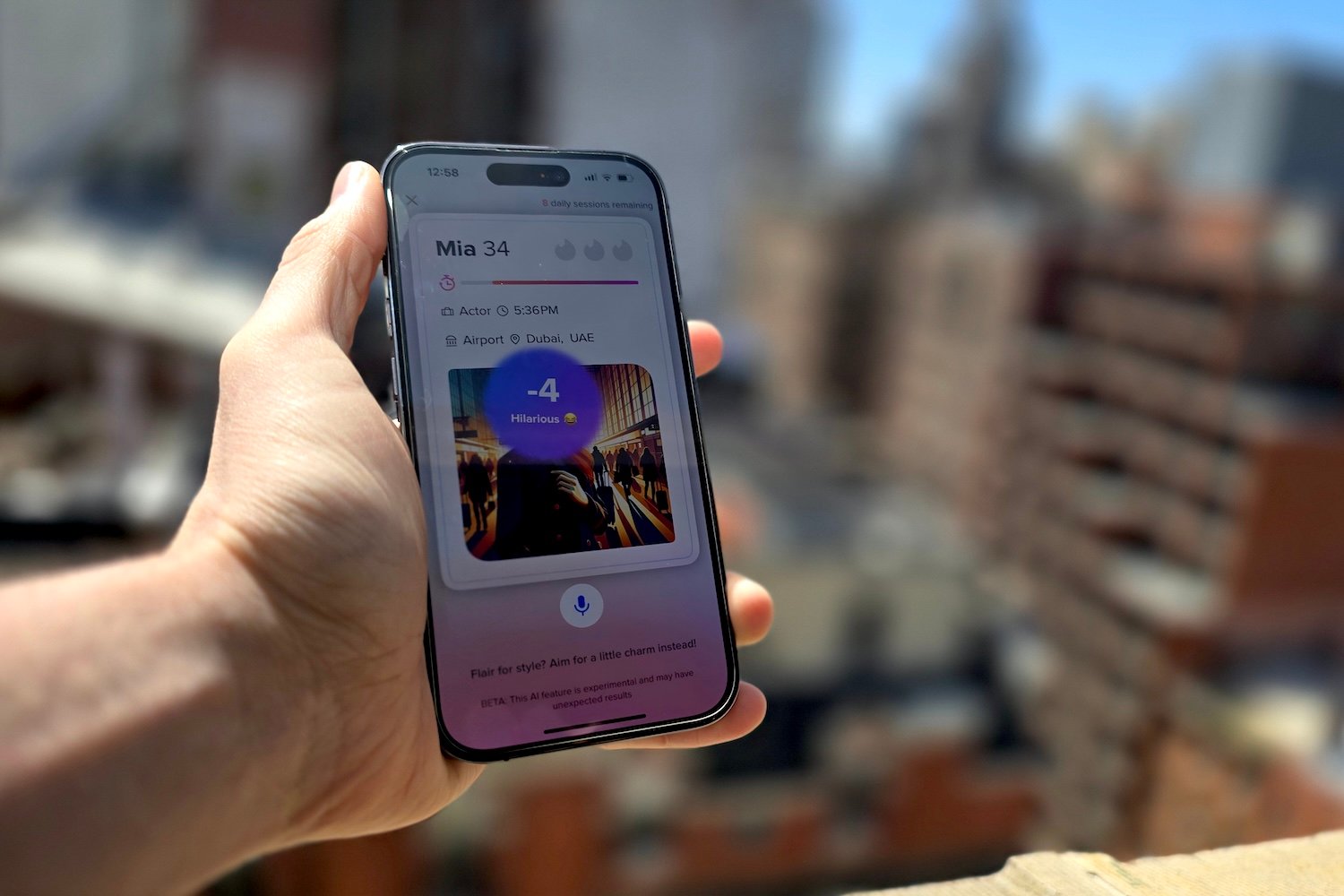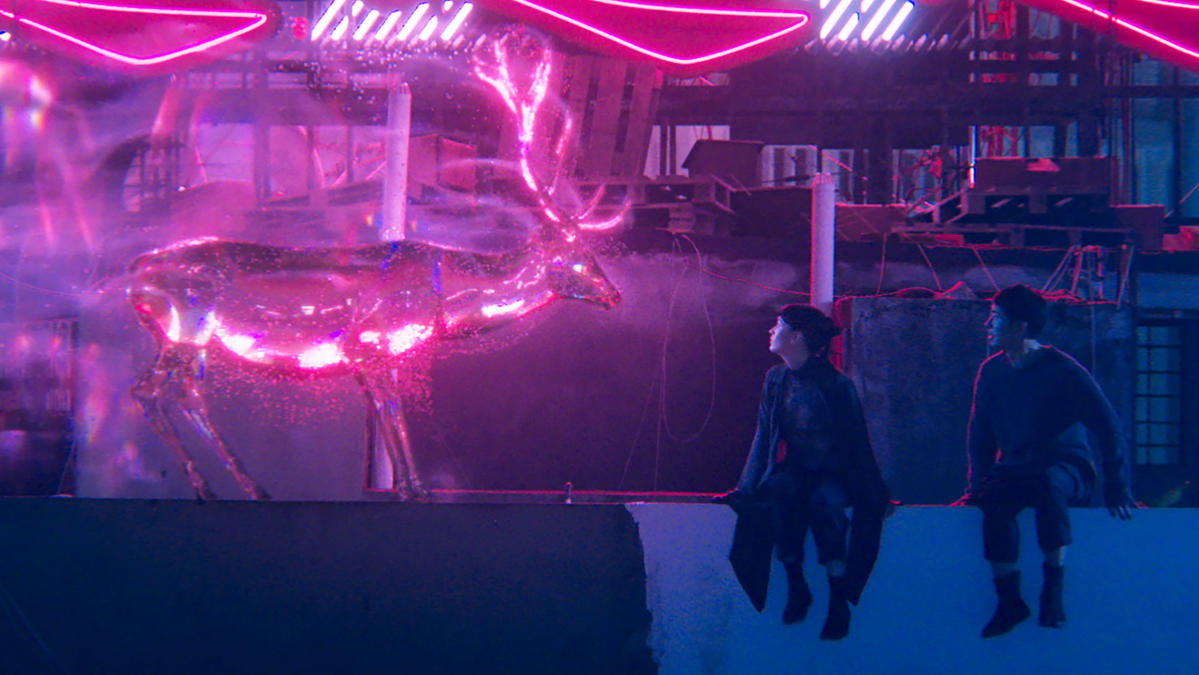The Inevitability of AI in Dating
It was only a matter of time. Following its partnership with OpenAI in 2024, Tinder has introduced AI characters, complete with generated personalities, to its platform. These characters are not meant to replace potential dates but rather serve as a testing ground for users to practice their pickup lines and conversation skills. However, this new feature has left me wondering if dating apps have hindered our ability to form organic connections, instead relying on algorithms to deliver potential matches like Instagram Reels.
The Game Game: A Meet-Cute Simulator
On April 1, Tinder launched "The Game Game," an AI-powered meet-cute simulator designed to help users practice their social skills before entering the dating world. Unlike Character.ai, which allows users to create custom chatbots, The Game Game simulates a "meet cute" scenario with randomly generated, conventionally attractive AI characters. Although it was launched on April Fools’ Day, the game is indeed real and can be accessed by clicking on the Tinder icon in the top left corner of the app.
A Natural Conversation?
Tinder invited me to test The Game Game before its launch. The game utilizes OpenAI’s voice-to-voice model, which features minimal delay between user input and AI response. Users are encouraged to use their natural charm to entice the AI characters into a date, with the app rewarding players for curiosity, warmth, listening, and asking questions. However, I found it challenging to have a natural conversation with a generated character. Is it truly any less awkward than talking to a real human? Is the AI any less real than the idealized characters in Hallmark movies?
Parodies of Humans
In one scenario, I interacted with an AI-generated woman who spoke with a pronounced Kentucky accent, reminiscent of Foghorn Leghorn from Looney Tunes as voiced by Tina Fey’s Liz Lemon from 30 Rock. My attempts to engage with the AI characters were met with mixed results. When I tried to pull the AI’s leg, the chatbot quickly exited the conversation. In another scenario, I played an escape room game with an AI character, but our conversation ended abruptly when I joked about breaking a window.
The Limits of AI in Dating
Tinder emphasized that users should not take The Game Game seriously, but its partner, OpenAI, sees this as an opportunity to showcase its Realtime API, which uses GPT-4o models to enable fast and natural-sounding conversations. However, Tinder seems like an unlikely platform for this type of AI simulation, given its emphasis on volume and rapid conversations. The company is owned by Match Group, which also owns Hinge, OKCupid, and Plenty of Fish, among others. These apps have become synonymous with online dating, with many people relying on them to find long-term relationships.
The Illusion of Spontaneity
The Game Game’s focus on spontaneity feels out of place in the context of online dating, where users often rely on algorithms and profiles to find matches. According to Pew Research data from 2023, over a third of users pay for online dating services, and apps like Hinge design their platforms to keep users engaged and spending money. The process is optimized to capture attention, much like scrolling through TikTok. There is little room for genuine "meet cute" moments or organic connections.
The Absurdity of Love
The opening line of Gabriel Garcia Márquez’ novel "Love in the Time of Cholera" comes to mind: "It was inevitable." As I reflect on my experiences with online dating and The Game Game, I am reminded that love is inherently absurd. The latest gimmick from OpenAI and Tinder only serves to highlight how people may be better off avoiding dating apps altogether if they truly want to meet someone special – not just an AI caricature.
Source Link





